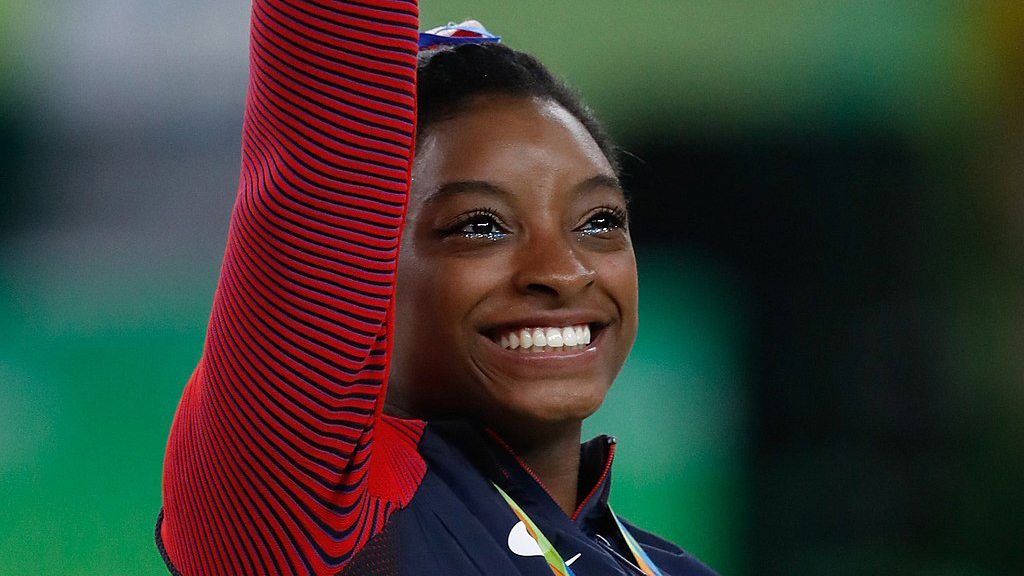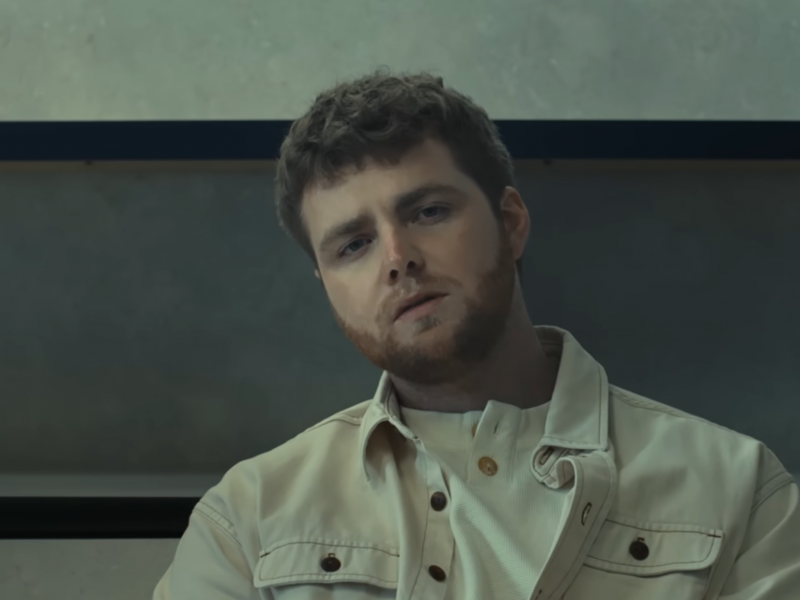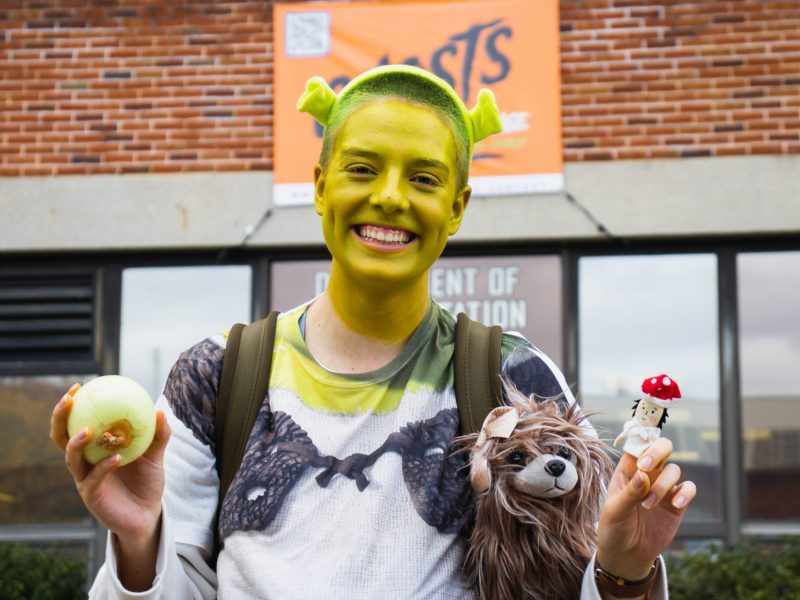Content Warning: This article discusses sexual abuse.
My family alleges that I came out of the womb stretching — a born gymnast. My parents signed me up for lessons when I was 2 years old, and it became a huge part of my life.
The endless conditioning and perfection the sport demands can wear away at someone quickly. I tried a season of soccer during elementary school, but I wouldn’t stop doing cartwheels on the field, so I went back to gymnastics. Eventually, I moved onto competitive trampoline and tumbling, and later all-star cheerleading.
By the time I was 16 years old, I had destroyed my wrists. After being diagnosed with chronic wrist tendonitis and worn down by the environment of a high performance sport, it was time to put an end to my athletic career.
Still, I couldn’t leave behind the sport I had started in — I became a gymnastics coach. I sat through required USA Gymnastics training programs, which discussed topics such as warning signs of a concussion and how to spot a predator.
In 2016, all hell broke loose in USA Gymnastics when gymnasts came forward with allegations against national team doctor Larry Nassar, who sexually abused athletes for decades.
The news of Nassar’s egregious abuse of power was devastating. I’ve been an avid follower of the U.S. Olympic gymnastics team since I was old enough to comprehend what the Olympics were. Their gold-after-gold wins made them national favorites. These were my role models — Jordyn Wieber, Nastia Liukin, Aly Raisman and the entire 2016 team, including the famous Simone Biles.
[How to nurture your mental and physical health while at college]
Rewatching performances from the Rio de Janeiro Olympics now sends shivers down my arms as I think about what these gymnasts were going through behind the scenes. These girls were so young. So talented. And yet, they weren’t alone. Hundreds of other gymnasts survived this.
These gymnasts became a pivotal part of the #MeToo movement. I cried hearing their testimonies as Nassar was sentenced in 2018, knowing any punishment doled out wouldn’t be enough justice for his crimes.
The U.S. Olympic Committee dismantled USA Gymnastics at that point. The organization’s entire board was fired, and the CEO was replaced as the nation agreed the entire system needed to be rebuilt from the ground up.
This year is the first Olympic games since.
The first thing your coach will tell you when you fall during an event is to get back up. For all intents and purposes, Biles got back up.
She came back to the team for the Tokyo 2020 Olympics, the only returning veteran from the 2016 Olympics after Laurie Hernandez was injured and had to exit the competition. The pressure on her was insurmountable.
At the all-around finals on Monday night, Biles threw a rough vault routine that left her shaken and leaving the arena with a medical staffer.
She later revealed she wasn’t physically injured, but her well-being needed to take priority, and she would not be participating in the rest of the competition.
“At the end of the day, we’re human, too,” Biles said, according to The Associated Press. “We have to protect our mind and our body, rather than just go out there and do what the world wants us to do.”
Nobody has the right to blame Biles for stepping away. On top of being an athletic outlier, she’s been vocal against an establishment that enabled abuse for years. She’s also a survivor of that very same abuse.
Despite her absence, the team pulled through for silver. All newcomers to the Olympics — Sunisa Lee, Jordan Chiles and Grace McCallum — showed that the next generation of gymnasts still have what it takes to succeed and can do so in a healthier environment.
[Clairo’s ‘Sling’ bores, devoid of her usual flair and creativity]
Part of why Biles initially returned to the team in 2020 was because she was afraid that without her, the organization would have no accountability.
“I just feel like everything that happened, I had to come back to the sport to be a voice, to have change happen,” Biles said in an interview on TODAY in April. “I feel like if there weren’t a remaining survivor in the sport, they would’ve just brushed it to the side.”
Biles continues to serve as a mentor and role model for the younger gymnasts around her and is still undeniably the greatest of all time. She doesn’t need a medal to prove that. She’s reminding the world that gymnasts are people first, something much overlooked after decades of grueling, inhumane training and sometimes scathing media coverage.
With all that in mind, I’m proud of the team’s performance. I wish Biles nothing but the best, even in the event that she decides to pull out of the individual competition. She’ll still be the team’s biggest cheerleader and advocate.
The Olympics this year isn’t just a tale of a couple hundred athletes who managed to stay fit for five years during a global pandemic. This is a tale of strength for sexual assault survivors. It’s a tale of empowerment for female athletes. It’s a tale of the strength our diversity as a country lends us.
The team may have lost gold at the all-around finals, but in my eyes, they showed us something much more valuable.
The university’s counseling center can be reached at (301) 314-7651. Individuals can file sexual misconduct or discrimination reports through the university’s Office of Civil Rights and Sexual Misconduct here.



